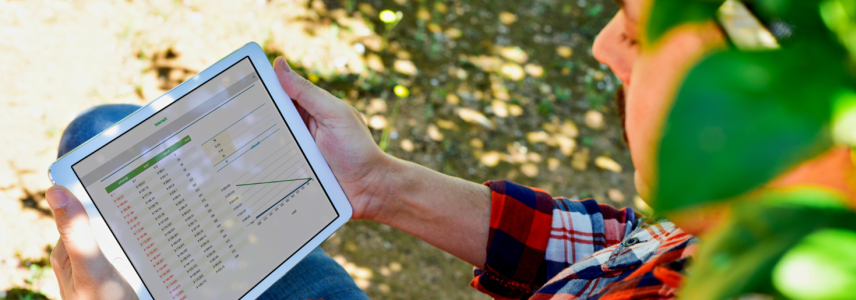EU legislation boosts digitalisation in the coffee sector

Soon, exporters must guarantee they do not source coffee from deforested or degraded land. Only then, can they export coffee to the European Union (EU). Integrating digital technology is important to meet the upcoming deforestation-free product regulation.
The demand for greater environmental sustainability is growing in the EU. The European Commission introduced a deforestation-free product regulation to meet that demand. The regulation covers several commodity products, including coffee. It addresses:
- Deforestation;
- Forest degradation; and;
- Forest conservation to reduce carbon emissions and biodiversity loss.
What does the regulation mean for coffee companies?
Selling coffee sourced from deforested or degraded land has not been not allowed since 31 December 2020. The most recent version of the EU regulation requires companies selling coffee in the EU to collect the geolocation coordinates of the coffee-producing farm. Companies can combine this data with satellite monitoring tools. These tools check whether companies meet the requirements of the regulation and identify potential areas at risk of land degradation and deforestation.
The proposal also labels countries that grow coffee beans as low or high-risk. Coffee from high-risk regions must meet more due diligence requirements than low-risk regions.
Increased traceability demands
Increased traceability is another vital aspect of this EU regulation. For the coffee sector, traceability involves linking data to an individual or group of producers. Traceability increases data collection requirements for all actors in the chain.
Data collection is necessary at every stage of the supply chain if coffee producers and exporters want to stay active in the EU market. To ensure traceability in the coffee supply chain, supply chain actors need to log data every time the beans change owner. Besides the production areas' geographical coordinates, other types of data should also be reported. For example:
- The number of producers working on each lot;
- The quantity and quality of the coffee beans; and
- Yield projections.
Which technologies can coffee companies use?
Producers can use different digital tools to collect geolocation data. These tools include:
- Apps that use a device's GPS to draw coordinates when you walk;
- Drones that can map plots by taking pictures from above; and
- More sophisticated platforms that allow you to draw these areas from an existing map or satellite images.
Each of these solutions has specific challenges and opportunities. Technology access and costs may vary depending on your location. And depending on your available infrastructure, knowledge and budget, you will need to decide the approach that is best for you.
Improving digitalisation knowledge and capacities
All the above-mentioned data requirements increase the importance of digitalisation in the coffee value chain. Exporters that want to use digital solutions need to understand how to proceed:
- As an exporter, you need to understand which digital tool you can use to collect geolocation and traceability data;
- You need to understand if you have enough internal knowledge to use these tools. You may need to work in partnerships to use specific tools; and
- You need to identify activities critical to carrying out your digitalisation plan, monitor results and prepare to scale up.
There is a strong demand for better capacity building and integrating digital services. But, digitalisation requires an investment of time, dedication and money. Also, every company is different. No single digital solution is suitable for all. When done inefficiently, digitalisation creates more challenges than opportunities. Knowing how digital tools can improve your export business operations helps suppliers see the value of investing in these solutions, too.
Learn more
Do you want to learn more about the best approaches to digital transformation? Read the CBI study: Tips to go digital in the coffee sector.
Expressing Origin and ProFound – Advisers In Development wrote this article for CBI.
Stay informed
To stay informed on the latest developments in the coffee sector, subscribe to our newsletter.